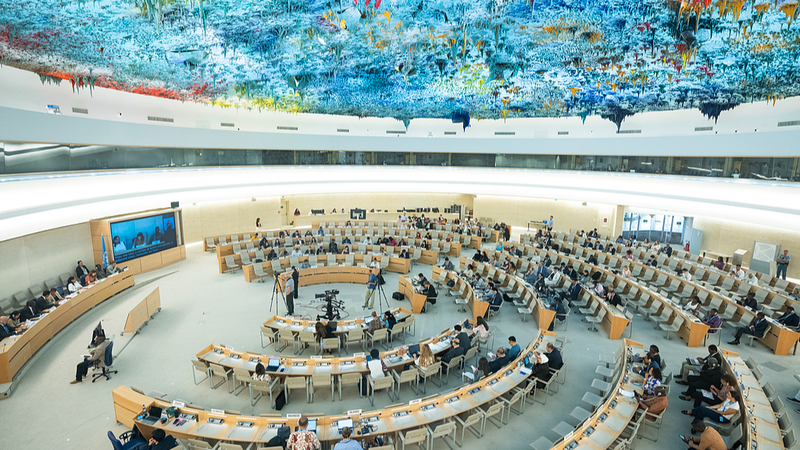In a surprising turn, the United States has announced it will not take part in the fourth cycle of the Universal Periodic Review (UPR) of its human rights record, set for November 6 in Geneva. The UPR, established in 2008, allows all 193 UN member states to assess each other’s human rights performance in a regular, peer-driven process.
"We regret this decision," said Ravina Shamdasani, spokesperson for the Office of the United Nations High Commissioner for Human Rights (OHCHR). Despite the U.S. withdrawal, the OHCHR plans to continue conversations with government officials, civil society groups, businesses, academics and other stakeholders.
Why does it matter? For more than a decade, the UPR has served as a key platform to spotlight challenges and share best practices—from freedom of expression to migrant rights. The U.S. previously underwent reviews in 2010, 2015 and 2020. Now, by sitting out this cycle, it breaks with the tradition of full participation by all UN members.
Since 2008, the UPR cycles every four years. The current, fourth cycle kicked off in 2022 and will wrap up in 2026, with more than 50 countries already reviewed. The U.S. decision comes at a time when digital rights, racial justice and migrant protections are taking center stage globally.
Experts warn this move could impact America’s global human rights leadership. "Peer reviews aren’t just a formality—they’re a statement of commitment to international standards," says Avery Park, a human rights policy analyst. The U.S. absence may fuel questions about transparency and accountability in Washington’s approach to civil liberties.
Whether you’re a digital nomad tracking policy shifts, an entrepreneur eyeing market stability, or a changemaker advocating for rights, this development underscores the evolving landscape of international accountability. The clock is ticking until November 6—will the U.S. rethink its stance, or will it chart a new path outside the peer review process?
Reference(s):
U.S. declines to participate in UN review of its human rights record
cgtn.com



